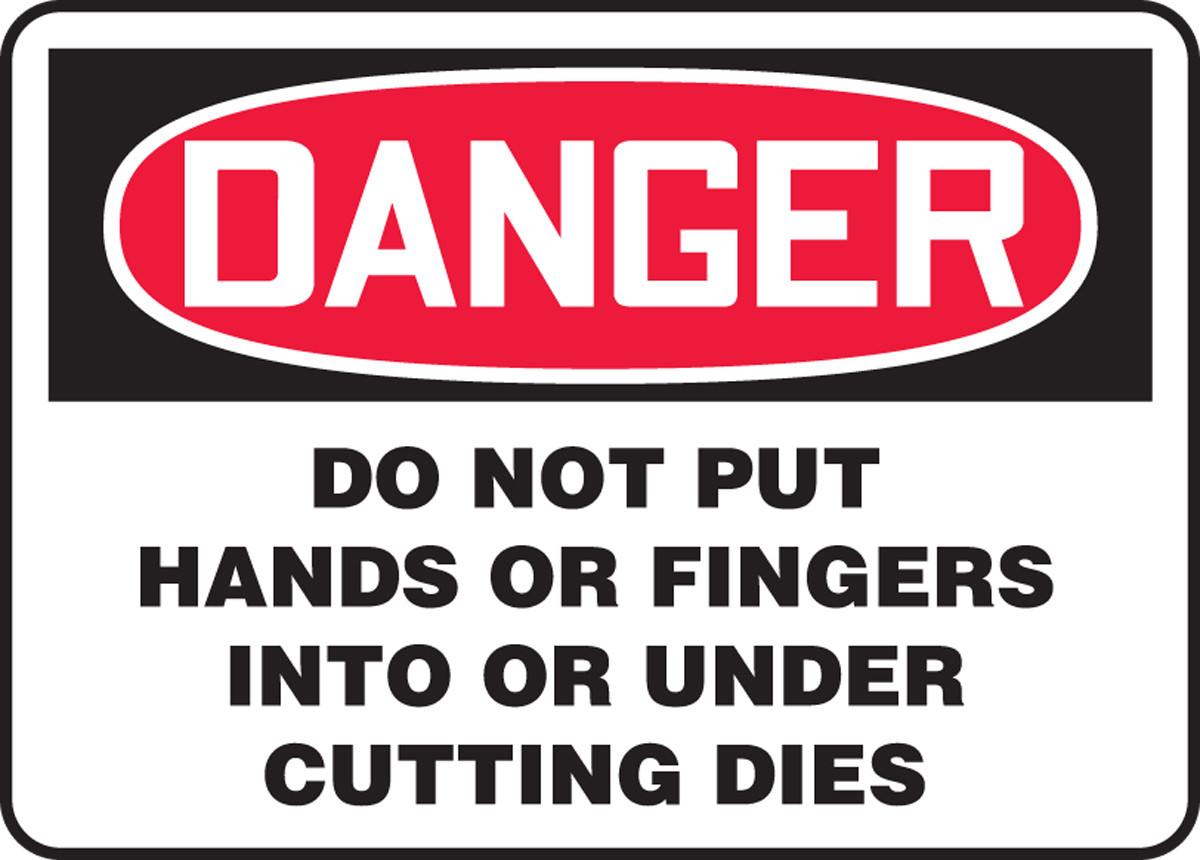
have been told or threatened to keep it secret,.don’t have the language to talk about it,.Children choose not to tell for a variety of reasons, such as they: Some keep it a secret their whole lives or only tell someone once they are adults. Some children who are sexually abused do not tell anyone. If others respond poorly, it may be years before the child trusts enough to tell someone else. Sometimes these types of disclosures are ignored. Children also tell small amounts of information to see if they will be believed and to see how trusted adults will react. Some children disclose the abuse and are simply not believed. obsession with grades, trying to be perfect in school or sports) Suicidal thoughts, especially in adolescents.Changes at school (aggressive or timid behavior, skipping school, frequently feeling too sick to go to school or grades begin to drop).Post-traumatic stress symptoms (anxiety, irritability, can’t concentrate).not wanting to bathe, or wanting to wear very baggy clothes) Changes in hygiene (bathing, brushing teeth, etc.) or clothing preferences (e.g.Taking on a caretaker role or being protective of younger children.Saying or doing sexual things that seem inappropriate for their age.Suddenly acting younger than their age (e.g.Pain, itching, or burning in genital area.Difficulty urinating or moving of the bowels.Bruising, swelling, or irritation in the genital area.
#DANGER SIGN CUT FINGERS HOW TO#
If a child has told you about abuse, seek help from professionals and read the helping survivors (link) section of this web page to learn how to respond in ways that are healing and helpful to the child. It’s important to know what the warning signs are and how to help keep the child safe. Sometimes children tell us something is wrong by the way act. It could be something as simple as “I don’t like going to this person’s house” or “This person is gross.” Pay attention to comments like these and ask the child to tell you more. Sometimes children start to disclose a very small amount of information to see how you react. It’s important to look for a pattern that may suggest someone is sexually abusing the child. If a child is showing these “signs” it doesn’t mean they have definitely been sexually abused. Below is a list of warning signs in each of these categories. These signs can fall into types of physical, behavioral and emotional symptoms. They can show up immediately or well into the child’s life. Warning signs that a child is being sexually abused can be very different from child to child.

using a computer, cell phone, or other social media to make sexual overtures to a child.watching a child undress or use the bathroom without the child’s knowledge.masturbation or having sex in front of a child, forcing a child to masturbate.putting objects or body parts inside a child’s mouth, anus, vagina for sexual pleasure or any unnecessary reason.sexual touching or fondling of private areas of the body.

Examples of child sexual abuse might include: In most cases, children know their abusers. Child sexual abuse or molestation is when a person has sexual contact with a child.


 0 kommentar(er)
0 kommentar(er)
